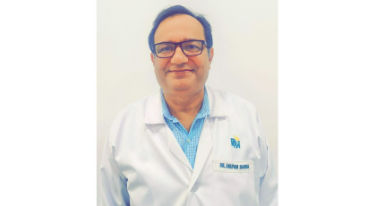I'm experiencing some pain in my right testicle along with a bit of swelling and tenderness. It's not there all the time and I can handle it, but it gets painful when I touch the area where the veins connect to the testicle. It feels like something isn't quite right. Can you please give me some advice on what this might be?
You may be experiencing epididymitis, which is inflammation of the epididymis, the coiled tube located behind the testicle that stores and carries sperm. This condition can cause pain, swelling, and tenderness in the testicle. I recommend you to take an antibiotic such as Ciprofloxacin to treat the infection. Additionally, you can take Ibuprofen as needed for pain and inflammation. Make sure to rest, wear supportive underwear, and apply ice packs to the area to help with swelling and discomfort. If your symptoms worsen or do not improve, please follow up with a healthcare provider for further evaluation.



